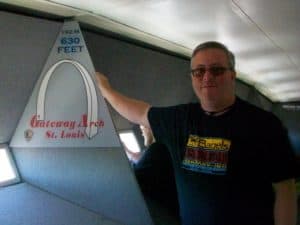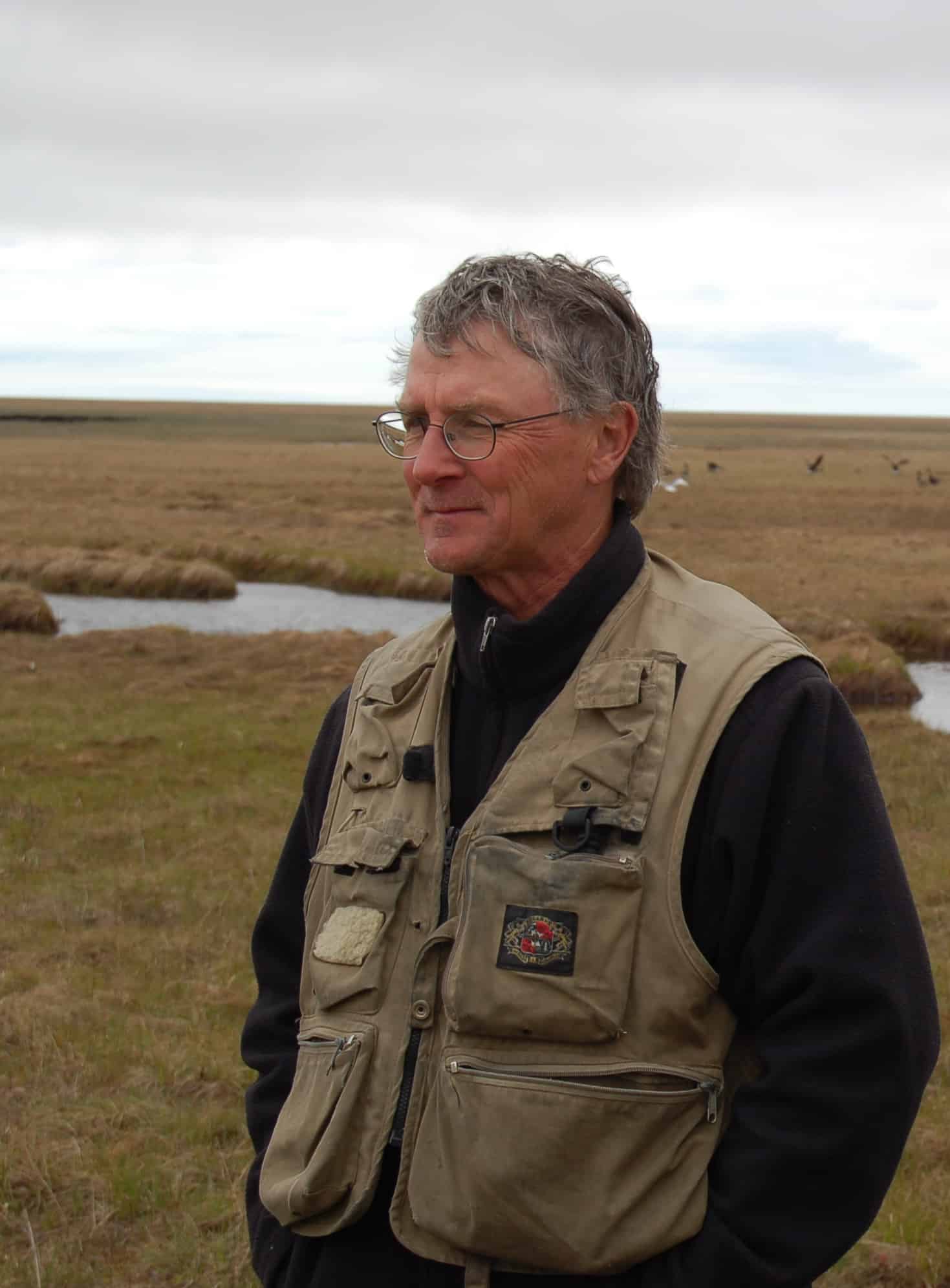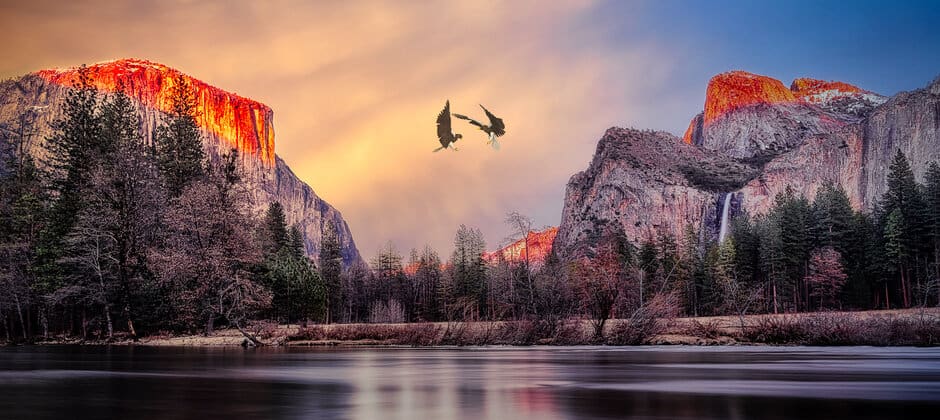Share this article
2022 TWS Elections: Western representatives
The ballot for The Wildlife Society’s 2022 elections includes nominees for the position of Western representative. See a previous article on candidates for TWS vice president, North Central representatives and Northwest representatives.
Additional nominees may be submitted by any voting member in good standing, if supported in writing by 5% of the voting membership. The deadline for additional nominations is May 15.
Electronic ballots will be sent May 31 to all members with an email address. Members without an email address will receive a paper ballot in the mail. Voting will close June 30. Mailed paper ballots must be postmarked on or before June 30. Newly elected council members are scheduled to be installed at the 29th Annual Conference in Spokane, Washington Nov. 6-10.
The candidates’ statements expressing their vision for The Wildlife Society and their interest in running for this council position are below.
Nominees for Western Representatives
 Rhys Evans
Rhys Evans
I would be honored to represent the Western Section on TWS Council. I’m soon concluding six years on the Certification Review Board; I’m also stepping down as chair of the Quiz Bowl subcommittee—but I’ll probably never stop working Quiz Bowl, it’s fun!
Quick background, although many Western Section members know me. I’m a California native, and a proud graduate of Humboldt State. I served in the Peace Corps in southern Poland, working in gorgeous Tatra National Park (Google some photos, it’s spectacular…). I’ve worked as a wildlife biologist in the Department of Defense for 26 years, first for the Marine Corps at 29 Palms (near Joshua Tree NP) and nearly 15 years at Vandenberg Space Force Base (formerly Vandenberg AFB). Those jobs have been challenging, rewarding…and occasionally frustrating. Currently, I’m part of a small team that manages 17 ESA-protected species on 100,000 acres of coastal California. We also manage MBTA, MMPA, NEPA and more.
If elected, I look forward to representing TWS-WS! I will actively promote the great accomplishments of TWS and specifically TWS-West! Westerners need a voice at Council, which I will facilitate. I’d like to strengthen the TWS Certification program. I’m aware that there may not be an immediate or financial “payback” to becoming a Certified Wildlife Biologist®, but I strongly believe that certification demonstrates a commitment to wildlife management AND to our professional society. I’m proud to be a CWB®, and I would be proud to be elected Western Section Representative to TWS Council.
See complete biographical sketch here.
 Jim Sedinger
Jim Sedinger
I believe science is fundamental to effective management, but science is often not effectively communicated from scientists to managers and policy makers. The Wildlife Society is the premier professional organization for both scientists and managers. As such TWS is in a unique position to improve the flow of information, as recognized by recent articles in the Journal of Wildlife Management. Increasing human population and increasing demand for natural resources, however, are placing increasing stress on many wildlife populations. Additionally, increasing urbanization is reducing the experience of citizens with nature. These changes are placing additional pressure on the state and federal agencies responsible of conservation and management of wildlife and their habitats. These changes have immediate practical effects, such as reduced numbers of hunters and associated declining budgets for state and federal agencies responsible for management and conservation. But the declining exposure of the public to our wildlands also has less direct impacts. For example, a significant segment of the public has unrealistic expectations about the ability of public lands to support the exploding populations of free-roaming horses without negative impacts on native species. Our country is rapidly becoming increasingly diverse, yet the wildlife profession has not been particularly successful at increasing the diversity within its ranks. Improving diversity is critical to the success of our profession as we move forward. The Wildlife Society is in a unique position to address these challenges, which is essential to the effective conservation of our wildlife resources.
See complete biographical sketch here.
This post has been updated on 4/15/22 to correct publication errors to Jim Sedinger’s original statement.
Header Image: Credit: Irene Steeves








